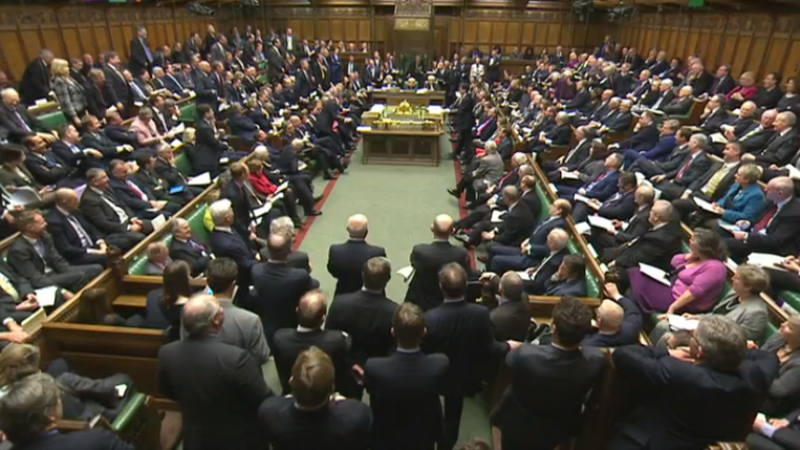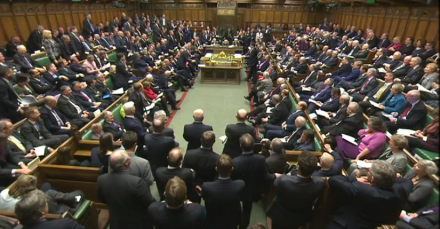
We’ve all been shocked to see the Tories emerge from the Election with an outright majority, and rightly fearful of what unfettered Tory government will mean to many of the people who desperately wanted Labour to win through.
As in 2010 all post-election Labour talk seems to have turned to our leadership contest, and too much of what passes for ‘analysis’ appears to serve the purposes of particular potential contenders.
We’re acutely aware that in 2010 the Coalition got a head start on us while the Party were electing our new leader but we now risk drawing a single lesson from that leadership election, namely that the timetable was too long. There’s certainly a case for a swifter process, as long as we are able to get to grips with why we lost and what’s now needed at the same time.
But we made other mistakes in the months after May 2010 that we have must not repeat.
We found there was no public interest and little media interest in our leadership election once the candidates were known, until the winner was announced, so we didn’t get the Labour profile or voice we expected.
We took our eye off Coalition ministers, so we did not mount an immediate effective opposition. The four leading cabinet figures in the running for leader meant their attention was on their own campaign and the Party, not on the government or the public. Meantime, the rest of the new shadow cabinet trod water, perhaps demoralised by defeat, deflated in following their own former government jobs or in some cases waiting to be allowed to withdraw from frontbench duties.
Now in 2015 we must not allow Tory ministers a free pass and find ourselves again playing catch-up for much of the parliament.
Of course David Cameron has a renewed mandate. But we also have a renewed duty to oppose. We are the elected Official Opposition. And the Commons will matter more in the months ahead with a government majority of just 13.
So from day one of the new parliament, in advance of the new Labour leader’s election we must do several things.
We need to beef up the shadow cabinet, on the clear basis that nothing done before the new leader’s election will bind their hands afterwards.
We need to get all our newly-elected MPs stuck in to active opposition and debate.
We need to make maximum use of opposition days, which are our chance to select the subject and motion for debate in the Commons.
And we need to give greatest priority to setting out the arguments and the risks in the areas which we can rapidly expect the worst from the Tories. Here’s where I think we need to hold them hardest to account.
Economy. On public finances the Tories made huge unfunded spending and tax cut pledges, and the changes they promised to inheritance and income tax thresholds will expose their deficit reduction decisions as unfair, unbalanced and unduly benefiting the rich.
Welfare. The cuts will be eye-watering and hit working and non-working, middle and low-income households, as well as disabled people.
Education. Serious funding pressures on schools will become much worse as they push for more free schools, while increasing problems with any accountability for financial and performance problems will infuriate parents.
Political reform. Constituency boundary changes, political party funding, voter registration, more devolution to Scotland and English votes for English laws will run like sore throughout the next Parliament, so establishing our Opposition arguments early is essential.
Finally, we should not lose sight of what went well in the last five years. There’s been a tendency just to trash our record in opposition in reaction so far but that is no better way to back to power in 2015 than it was in 2010, when we too easily gave up on our record in government. Our strength as Labour comes from our shared history, as well as our vision for the future, and we should take some pride from successes in the last five opposition years as well as in the 13 government years before that.
John Healey is the Labour MP for Wentworth and Dearne, and a member of Labour’s NEC





More from LabourList
Almost half of Labour members oppose plans to restrict jury trials, poll finds
‘How Labour can finally fix Britain’s 5G problem’
‘The University of the Air – celebrating 60 years of Harold Wilson and Jennie Lee’s vision’